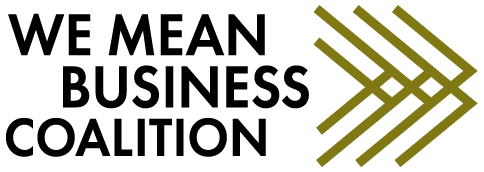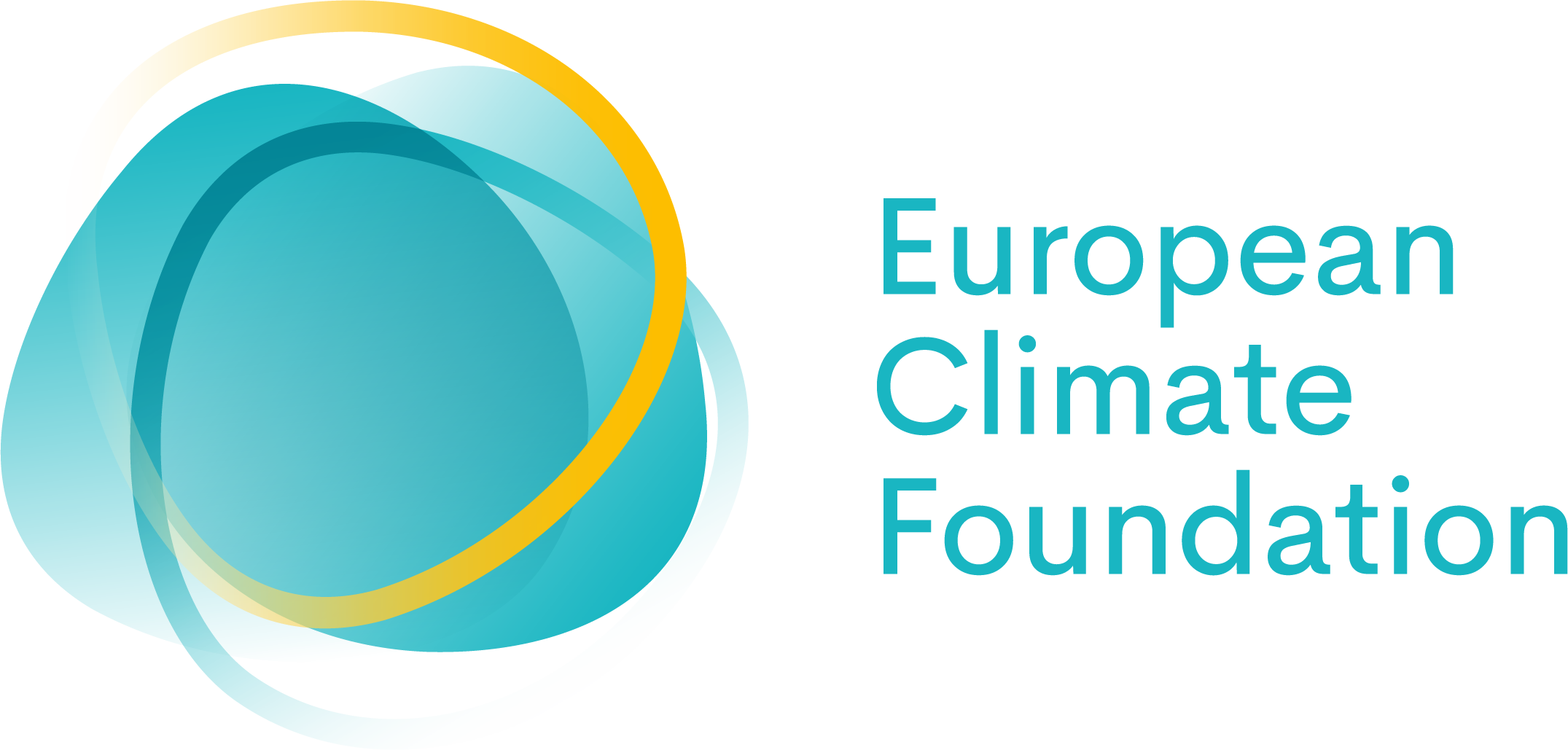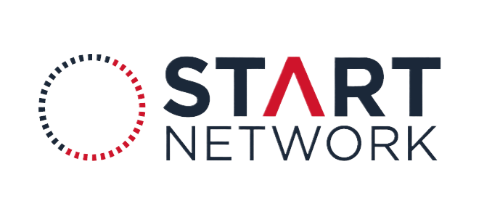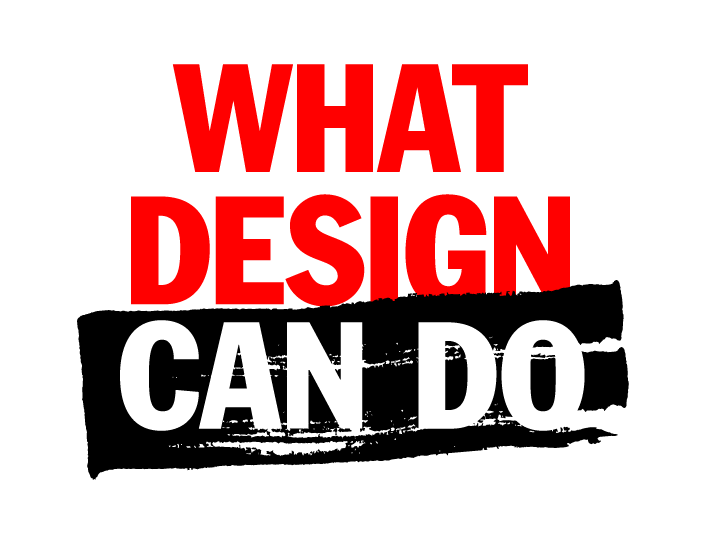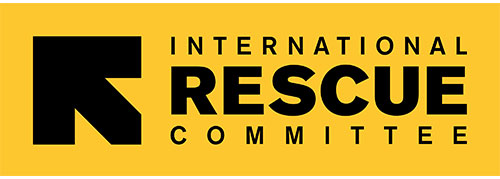Five ways to be a better humanitarian
August 19, 2019

On World Humanitarian Day (19 August), we’re highlighting five ways we can take action to drive positive change and create a better world for children and families.
1. Commit to maintaining a liveable planet
Rapid environmental changes are threatening people’s food sources, water and livelihoods. Climate change is at a crisis level, and we must commit to responding swiftly and effectively.
It is important to stay close to people’s pressing, on-the-ground needs and build their resilience to climate change. But to maintain a liveable planet, we must also change how our global economy operates.
For example, We Mean Business, a coalition working with the world’s most influential companies to take action on climate change, is spearheading a business case for decarbonisation and helping the business sector to exemplify leadership.
In addition, the European Climate Foundation strives to ensure that we fulfil Paris Climate Agreement targets and maintain the global temperature below 2° of pre-industrial levels.
To enact meaningful change to combat the climate crisis, it’s important that everyone acts as a climate advocate in their own organisation, pushes for change and expresses solidarity with current and future generations who will share the planet.
2. Help the most vulnerable
To remove the very threats to people’s livelihoods and lives, we need to invest in long-term, durable solutions while being ready to fund short-term needs. Disasters will always strike, and the most vulnerable communities—including the children who live in them—will be worst affected.
For example, organisations such as the Start Fund and Médecins Sans Frontières are diminishing human suffering by responding to crises that could go unnoticed or be overshadowed by other events. But sometimes more support is needed to respond adequately to a humanitarian crisis.
The development sector must rely on a decision-making vehicle that allows humanitarian experts to allocate funding where they see the greatest need and provide core support to emergency organisations directly or through pooled funding mechanisms.
3. Invest in refugee livelihoods
Displacement has never before affected so many. Too many people keep moving until they find a safe place to call home.
We can support both refugee and host communities by working to dismantle barriers to job opportunities and invest in new ones, while abiding by the UN’s Global Compact for Refugees.
For example, the Tent Alliance and the Businresess Refugee Action Network, two partnerships for mobilising the private sector to support the livelihoods of refugees, show how the business sector is engaged and ready to be part of the solution.
Investing in refugee livelihoods boosts local markets and the economy. At the same time, investing in host community livelihoods helps them meet Sustainable Development Goals and hone skills for future generations. By addressing problems such as unemployment, inequality and food shortages, job creation programmes can also help prevent conflicts and nurture peaceful communities.
4. Build unprecedented collaborations
One of the biggest opportunities in the humanitarian sector is mobilising collective action. In bringing together well-positioned actors and thought leaders through efficient funding mechanisms, we can create unlikely alliances and partnerships.
Many organisations are effectively working to tackle climate change or support displaced people, and their best practices should be shared more. For example, the platform What Design Can Do exemplifies how to can engage professional communities, such as designers, to apply their professional skills and creative thinking to complex issues, such as climate change.
Moving forward, organisations must embrace the natural inclination to evolve, constantly examine what they can do better, and encourage new collaborations with partners.
5. Develop a sense of urgency
We can all develop a sense of urgency by understanding the issues and learning how to engage.
At our foundation’s 10-year anniversary conference held in June, the young Amsterdam artist Benjamin Fro gave a spoken word performance, capturing what was on many of our minds. “It might be hard, we might not always know how. But the right time to do right is always right now,” he said.
